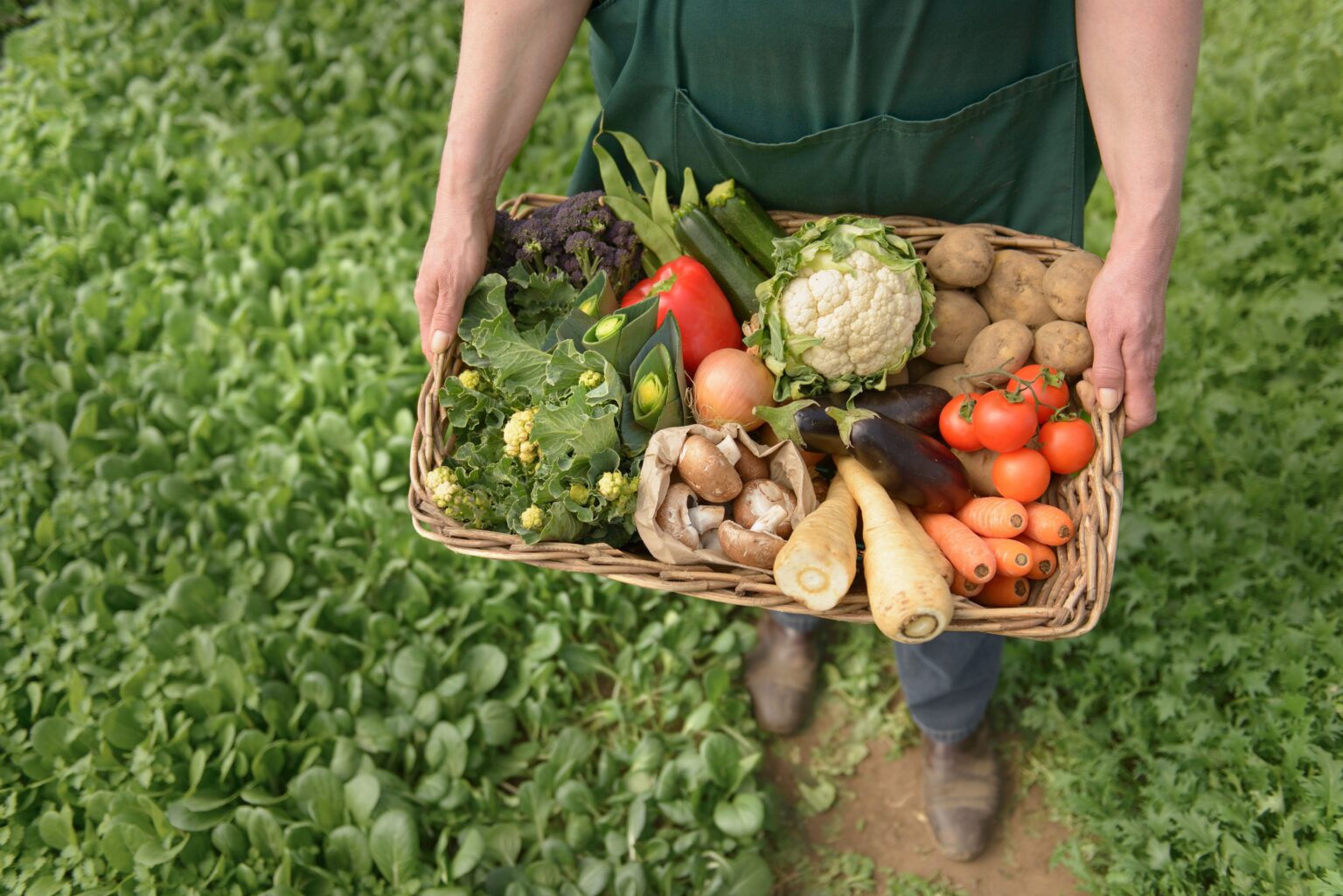
The Art and Science of Gardening: Cultivating Beauty and Health
Gardening is more than just a hobby; it’s a therapeutic, creative, and sustainable practice that brings us closer to nature. Whether you have a sprawling backyard, a small urban balcony, or just a windowsill, gardening offers countless benefits. In this article, we will explore the joys and rewards of gardening, from the physical and mental health benefits to the environmental advantages and the art of creating beautiful and functional outdoor spaces.
The Health Benefits of Gardening
Stress Reduction: Gardening has been proven to reduce stress and promote relaxation. The act of tending to plants, nurturing them, and watching them grow can be incredibly soothing. The connection with nature and the rhythm of gardening help lower cortisol levels, the stress hormone.
Exercise: Gardening is a physical activity that provides exercise without the monotony of a gym. Digging, planting, weeding, and watering all involve various muscle groups, promoting flexibility and strength.
Mental Well-being: Spending time in a garden or green space can improve mood and mental health. The sense of accomplishment from nurturing plants and witnessing their growth can boost self-esteem and reduce symptoms of anxiety and depression.
Fresh Air and Sunshine: Gardening encourages outdoor activity, allowing you to soak up vitamin D from the sun, which is essential for bone health and mood regulation. It also provides an opportunity to breathe in fresh, clean air.
The Environmental Benefits of Gardening
Biodiversity: Gardens can act as sanctuaries for wildlife. By planting a variety of flowers, shrubs, and trees, you can attract pollinators like bees and butterflies. Additionally, providing food and shelter for birds and insects contributes to local biodiversity.
Carbon Sequestration: Trees and plants absorb carbon dioxide from the atmosphere, helping to mitigate climate change. A well-planned garden can be a small but meaningful contribution to reducing carbon emissions.
Soil Health: Proper gardening techniques, such as composting and mulching, improve soil fertility and structure. Healthy soil supports plant growth and can prevent erosion.
Water Conservation: Sustainable gardening practices, like using mulch and selecting drought-tolerant plants, can reduce water consumption. Collecting rainwater for irrigation is another eco-friendly option.
The Art of Gardening
Garden Design: Creating a visually appealing garden involves planning and design. Consider the layout, color schemes, and plant combinations to achieve the desired aesthetic. Gardens can be formal or informal, minimalist or lush, reflecting your personal style.
Plant Selection: Choosing the right plants for your garden is crucial. Consider factors such as climate, soil type, and maintenance requirements. Native plants are often a wise choice as they are well-suited to the local environment.
Maintenance: Regular care is essential to keep your garden looking its best. Pruning, weeding, and watering should be part of your routine. Learning about the specific needs of your plants is essential for their longevity.
Creativity: Gardening is a form of self-expression. You can experiment with different plant combinations, create themed gardens, or even incorporate art and sculpture into your outdoor space.
Conclusion
Gardening is a multifaceted activity that offers numerous benefits to individuals and the environment alike. From improved physical and mental health to the positive impact on biodiversity and climate change, gardening has the power to transform lives and landscapes. Whether you are a seasoned gardener or a beginner, there’s always something new to learn and discover in the world of gardening. So, roll up your sleeves, grab your gardening tools, and start cultivating beauty and health in your own green oasis.
Connection with Nature: Gardening allows you to connect with the natural world on a deep level. It fosters an appreciation for the cycles of life, as you witness the growth of seeds into flourishing plants, the emergence of flowers, and the changing seasons.
Homegrown Produce: If you have a vegetable or herb garden, you can enjoy the satisfaction of growing your own food. Homegrown fruits, vegetables, and herbs are not only fresher and more flavorful but also reduce your carbon footprint by eliminating the need for transportation.
Educational Opportunities: Gardening is an excellent educational tool, especially for children. It teaches them about biology, ecology, and the importance of taking care of the environment. Gardening can be a fun and interactive way to impart knowledge and curiosity about the natural world.
Community and Social Interaction: Gardening can be a communal activity. Joining a local gardening club or volunteering at a community garden provides opportunities for social interaction, knowledge sharing, and a sense of belonging.
Aesthetic Appeal: A well-maintained garden adds beauty and value to your property. Whether it’s a blooming flower bed or a well-pruned tree, a visually appealing garden enhances the curb appeal of your home and creates a welcoming atmosphere.
Heritage and Tradition: Many people inherit gardening skills and knowledge from their ancestors. Gardening can be a way to preserve and continue family traditions, passing down wisdom and techniques from one generation to the next.
Therapeutic Benefits: Gardening therapy, often known as horticultural therapy, is a recognized method for improving mental and emotional well-being. It is used in various settings, from hospitals to rehabilitation centers, to help individuals recover and cope with various challenges.
Sustainability: Gardening can be a sustainable practice when done with eco-friendly principles in mind. By reducing chemical pesticide and fertilizer use, conserving water, and incorporating organic gardening methods, you contribute to a more sustainable and resilient environment.
Artistic Expression: Gardening is an art form where the garden becomes your canvas, and plants are your colors. Whether you’re designing a Zen garden, a wildflower meadow, or a succulent arrangement, gardening allows for artistic expression and creativity.
Continuous Learning: Gardening is a lifelong learning journey. There’s always something new to discover, from new plant varieties to innovative gardening techniques. This continuous learning aspect keeps the hobby fresh and exciting.
In conclusion, gardening is a holistic pursuit that encompasses physical, mental, and environmental well-being. It offers a plethora of rewards, from the simple pleasures of nurturing plants to the profound impact it can have on your overall quality of life. Whether you are starting with a single potted plant or tending to a vast garden, the journey of gardening is a fulfilling and enriching one, connecting you with nature and the beauty of the natural world. So, dig in, and let the garden of your dreams bloom!







